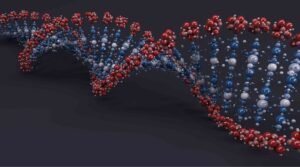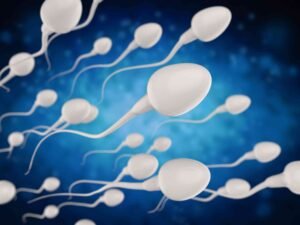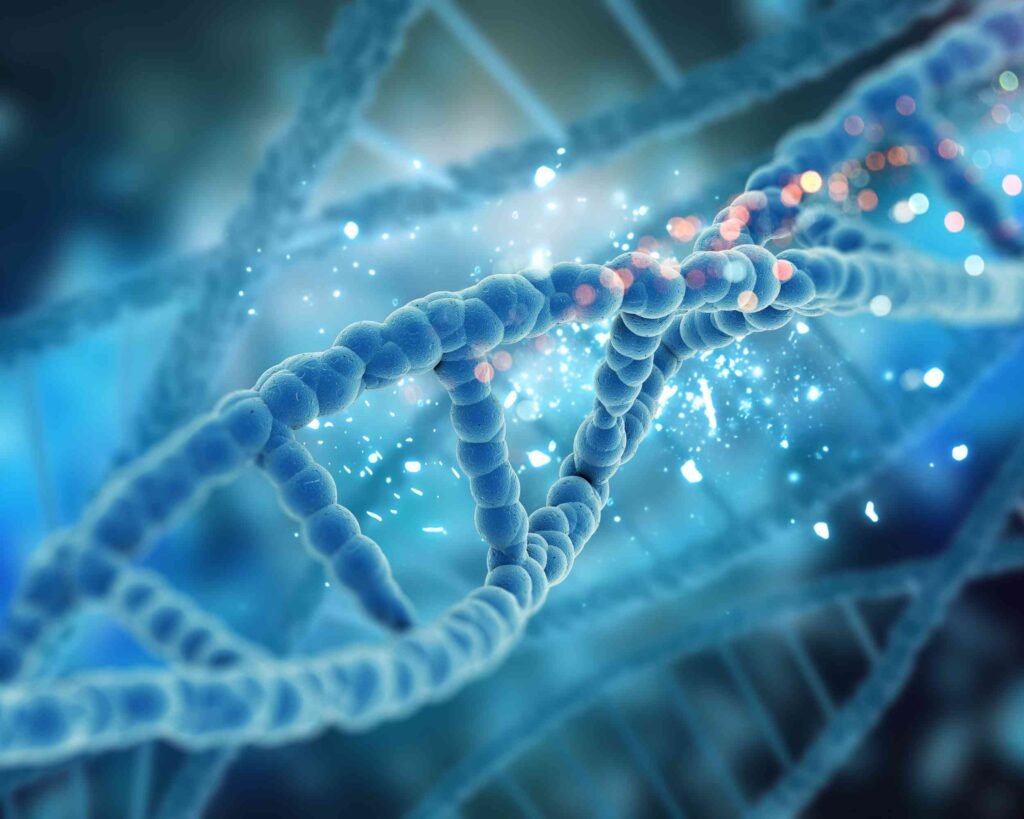The Epigenetic Impact of Male Fertility
First off, let’s break down what epigenetics means. In simple terms, epigenetics involves changes in gene expression that don’t alter the underlying DNA sequence. Think of it as software updates that change how your computer operates without changing the hardware. These changes can be influenced by various factors, including environment, lifestyle, and age.
What Is Sperm Epigenetics?
Before we dive deep into how fertility is affected, let’s clear up one important concept: sperm epigenetics.
Sperm epigenetics refers to the chemical tags and structural changes that can switch genes on or off in sperm cells—without changing the actual DNA sequence.
What’s wild is that these epigenetic marks don’t just affect fertility. They can also shape how healthy your child might be and how they’ll grow—physically, mentally, emotionally. It’s not just about getting pregnant; it’s about what kind of biological legacy you’re leaving behind.

The Epigenetic Impact on Male Fertility
Now, let’s focus on how epigenetics specifically affects male fertility. Sperm cells carry not just genetic information but also epigenetic markers that can influence embryo development and even the health of future generations. Alterations in these markers can lead to reduced sperm quality and fertility issues.
Key Epigenetic Mechanisms in Sperm
Several epigenetic mechanisms play crucial roles in sperm development and function:
- DNA Methylation: This involves adding a methyl group to DNA, affecting gene expression. Abnormal methylation patterns have been linked to male infertility.
- Histone Modification: Histones are proteins around which DNA winds. Modifications to these proteins can influence gene expression.
- Non-coding RNAs: These RNA molecules don’t code for proteins but can regulate gene expression. Altered levels of certain non-coding RNAs in sperm have been associated with fertility issues.

How a Man’s Lifestyle Can Affect Future Generations
Here’s where things get even more interesting—and honestly, a bit sobering. It turns out that your lifestyle choices don’t just impact your own health. They can actually echo into the future, affecting your children and even your grandchildren. No pressure, right?
Let’s break that down.
Diet and Nutrition
What you eat affects the nutrients available in your body—and certain nutrients are needed for proper sperm development. Poor nutrition or deficiencies (like low folate or zinc) can cause epigenetic changes in sperm, some of which are passed on. Studies have shown that a father’s pre-conception diet can influence a child’s risk for metabolic conditions like obesity or diabetes.
Smoking, Drinking, and Drugs
Cigarettes, alcohol, recreational drugs—all of these can cause oxidative stress and DNA damage. But what’s even more concerning is that they can also change how genes are expressed in sperm. Those epigenetic changes have been linked to developmental issues and even behavioral disorders in offspring.

Stress and Mental Health
Here’s one most people don’t think about. Chronic stress doesn’t just affect your mood—it can leave epigenetic “scars” on sperm. Animal studies and some human research have linked paternal stress to changes in the stress responses of their kids. Basically, your unresolved stress could make your child more prone to anxiety or depression. Crazy, right?
Environmental Toxins
Exposure to pollutants like pesticides, heavy metals, and plastic-related chemicals (think BPA and phthalates) can alter sperm epigenetics. These changes have been connected with lowered sperm count, reduced motility, and long-term health risks for offspring—including fertility problems in their generation.
Sleep and Physical Activity
Even things like how much you sleep or how active you are can shape the health of your sperm. Better sleep quality and moderate exercise are linked to healthier sperm epigenomes. On the flip side, a sedentary lifestyle or chronic sleep deprivation can leave negative marks that may impact the next generation.
Age and Epigenetics
As men age, the epigenetic patterns in their sperm can change. Advanced paternal age has been linked to increased DNA fragmentation and altered methylation patterns, which can affect fertility and the health of offspring.
Transgenerational Effects
One of the most intriguing aspects of epigenetics is its potential to affect not just the individual but also future generations. Epigenetic changes in sperm can be passed down, influencing the health and development of children and even grandchildren.

Clinical Implications
Understanding the epigenetic impact of male fertility has significant clinical implications:
- Diagnosis: Epigenetic markers can serve as biomarkers for diagnosing male infertility.
- Treatment: Targeting epigenetic modifications offers potential therapeutic avenues.
- Prevention: Lifestyle interventions can help prevent negative epigenetic changes.
Conclusion
The epigenetic impact of male fertility is a complex and evolving field. By understanding how various factors influence epigenetic markers in sperm, we can better address fertility issues and promote reproductive health.


